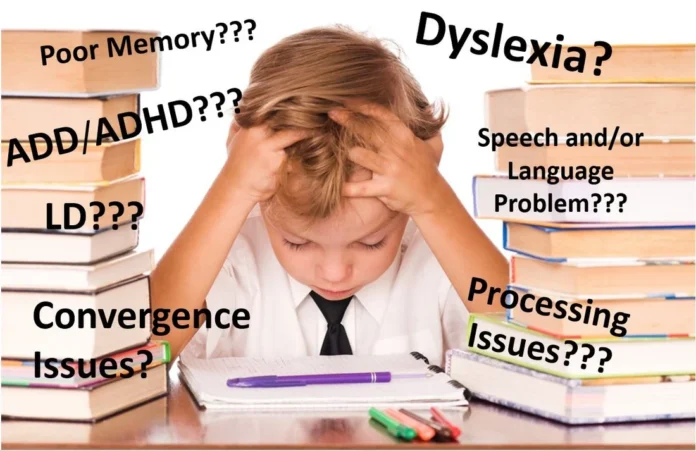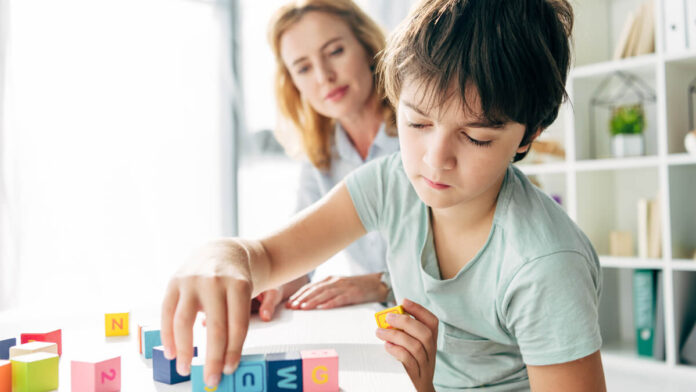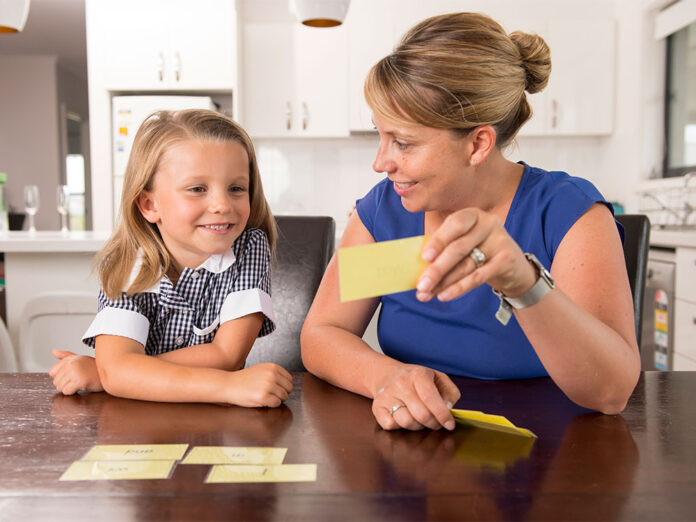
Parenting can feel like a minefield for anyone, but parents with children who struggle to learn often find it even harder to deal with challenges.
If you are a parent with a child with learning disabilities, then you will be aware of some of the challenges that exist for them.
It can feel difficult to know if you’re doing the right thing for them, so it’s important that you work with experts and do your research. It’s also vital that you try out new techniques and tactics to find ones that work for your child. Every kid is different and has unique needs, so you have to focus on finding the best way to support them as an individual.
The most important thing to remember is that you need to support and care for your child and give them as much encouragement as possible. This article will explain four things you can do to support your children and help them to navigate life with a learning disability.
1. Praise More Effort

Praise is a deeply effective way to help any child to do better and develop a positive mindset around learning. As such, you should ensure you are praising the efforts of your children where possible. Praise is an effective tool to motivate children with learning disabilities. It will be important to your relationship with your child to recognize when they are trying their best rather than focus on the actual answer.
Praising their commitment and effort shows that you are proud of them for trying and helps them to feel better about trying in the future. This can be applied to schoolwork or anything at home, such as chores or hobbies. By praising your child, you give them a positive association with the activity and help them to enjoy learning. This attitude can stand them in good stead later in life, when they won’t have to learn, but can learn voluntarily. Work out ways to praise your child even when they’re struggling and help them to achieve their goals.
2. Work With Their School
While you can support your child at home, you may have less control over this while they are away from home at school. For this reason, you should ensure that you are in contact with the school and have an open dialogue. This will ensure that you are in the loop with what’s going on with your child and what you need to tell the school about your child.
You will find that most traditional schools will have resources and support available for all children, but it may be worth you to look at more specialized schools. The de Paul School is a school for children with learning disabilities in Louisville, Kentucky, suche as The de Paul School. Schools such as this will help teach students with learning disabilities a few key skills. Overall, they will teach them how to learn, become independent, and become successful.
Those with learning differences will still be able to get the most out of life, so you must be working with a supportive school to make a positive difference in your child’s life. Speak to your child about their experiences with school, so that you can find out how everything is going, and if anything needs to change.
3. Offer Breaks For Focus

Some children with learning disabilities may find it hard to focus over a long period. It may be when they are working on something that is hard or even a simple task. Remember that every child is unique, so they will have their own ways of working through things.
For this reason, you should offer them breaks when they need them, such as when doing homework. This will allow them to re-focus and relax, without burning out. It may be worth briefly putting one task on the back burner and allowing them to engage in another task. See what works best with them, and communicate effectively. Try outbreaks at different times, and for different lengths of time, so you can find the right solution that benefits your child and keeps them motivated for longer.
4. Let Them Know It’s Okay To Be Wrong
You must reinforce to your child the mindset that it’s okay to be wrong. Some children with learning disabilities will get worked up when something goes wrong and may feel full to blame, which can escalate mental health issues. Reassure them that it’s okay to be wrong, and teach them how to deal with it.
It may benefit you to explain learning disabilities to your child so that they are aware of who they are, and what challenges they will need to overcome. Children who don’t know who they are may become more frustrated, so it’s important to have a conversation. It might also be worth visiting a doctor to get a professional opinion and some medical support for your child. You’ll then be able to find the right coping strategies for your child and help them to develop strategies to improve their overall mental well-being.
5. Keep Trying New Techniques

As mentioned already, every child is different, and what works for one kid might not necessarily work for another. As such, you need to make sure that you give your child the opportunity to find techniques and coping strategies that work for them. That means checking out a range of approaches and testing them on your kid to see which ones they embrace and which don’t work for them.
This article should offer you a unique way to start helping your child and helping them to find ways to handle their learning disability. It might take time, but eventually, you’ll help them to select the best tactics that can help them learn and become the best possible version of themselves. Keep adapting and finding new ways to help your child, and don’t give up. Lead by example and show your child that adapting and finding new strategies will eventually pay off and help them to learn valuable life skills.











